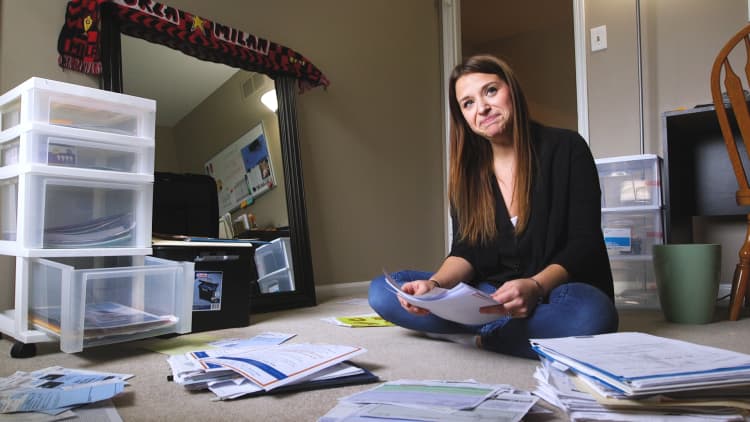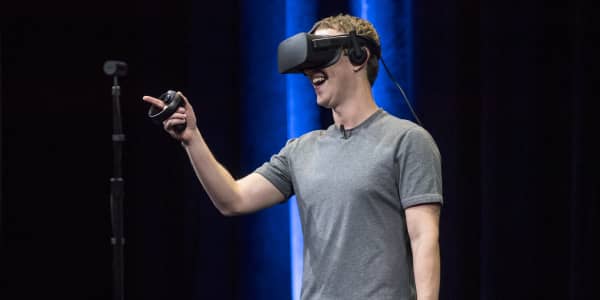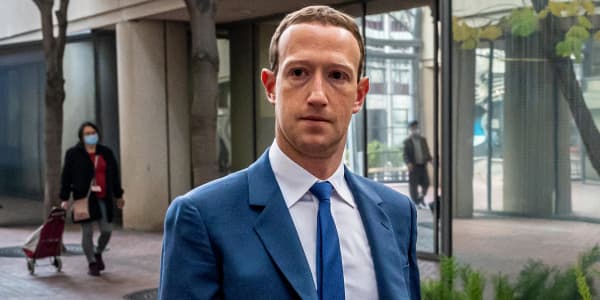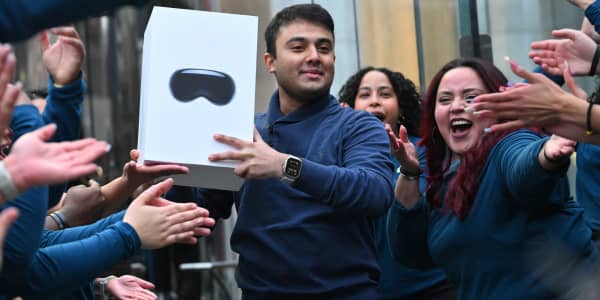As the debate rages on in America about how to deliver quality health care while coping with rising costs, insurance companies like Aetna are turning to doctor services on demand. It's a concept created by Heal, a four-year-old tech start-up that has raised $75 million in venture capital and is backed by such celebrities as Lionel Richie and former Florida Gov. Jeb Bush.
The back-to-the-future model is simple: Doctor services are delivered to a patient's home on demand through an app. Users input their personal medical details and credit card information and request a doctor in their local area. "It's like a concierge service for health care," says Lionel Richie, who invested in Heal at the company's seed stage. "A board-certified primary-care physician and medical assistant make a house call within two hours of a request."
The average visit lasts 30 minutes to one hour, and Heal doctors come with a medical assistant and a host of portable testing machinery to perform everything from an EKG, ultrasound and bone scan to blood testing and allergy screening. They also get a firsthand look at the patient's living conditions and access to food and prescriptions they need to stay healthy.
Unlike traditional doctors, Heal sends a HIPAA-compliant summary of the services to patients within 24 hours. The price for the house call for a patient without insurance: a flat fee of $159. For those with private insurance: a co-pay varies by plan but is typically between zero and $30. The cost for seniors on Medicare: zero, or a co-pay up to $20.
The goal is twofold: to provide home health care to a growing population of seniors and underpriviledged communities, many of whom find it difficult to visit doctors offices and health-care clinics; and to lower medical and health-care costs. Often these sick patients resort to emergency-room visits for urgent care that charge exorbitant fees.
Gov. Bush, who has invested in the company and joined Heal's board in 2018, believes this health-care model has great potential and it could scale nationally. "There are managed-care companies interested in partnering with Heal, and doctors love it. But scaling services in each market will take time."
Richie agrees. "It's a concept for health care that is so simple, so cost effective and so personal. Patients love the individualized attention. Doctors love the fact they can practice medicine without all the administrative paperwork and expense of operating an office or clinic," he says.
Heal has made strides to expand its reach in recent months. It has grown revenues 310% over the past 12 months. In September it acquired Doctors on Call in New York City. Last year Doctors on Call made 42,000 house calls to seniors. Currently, there are 100 certified physicians that work for Heal, and the company serves patients in Atlanta, San Francisco, Los Angeles, Orange County, San Diego, New York City, Sacramento, Washington, D.C., and northern Virginia.
It's like a concierge service for health care.Lionel Richiesinger, songwriter and investor in Heal
Besides Aetna (which recently merged with CVS) 20 other private insurers are partnering with Heal, including Cigna, Humana and United Healthcare. So are some Medicare Advantage plans. "The whole industry is looking for better value outcomes for patients," says Nick Desai, co-founder and CEO. As he explains, up until Dec. 31, 2018 Medicare didn't allow house calls but changed the rule for its population. This gives seniors on Medicare access to Heal's service.
According to Frank Ulibarri, market president of Aetna who oversees operations in Georgia, Louisiana, Alabama and Mississippi, his company invited Heal to serve its Greater Atlanta members in January after investigating a number of mobile medicine providers. "This is a great test market with thousands of members that could benefit from this service," he explains. Aetna liked Heal's model. "It's a great way of rendering care," says Ulibarri.
"It's simple and efficient and provides great insight you cannot get in an office setting."Just as important, it can improve patient compliance and drive cost savings by keeping people healthier by monitoring them more closely and cutting the high cost of emergency visits.
The company plans to expand the service to other communities, such as Gainsville, Georgia, in the months ahead. "Our goal is to make health care more personable and convenient. We want to provide services closer to the consumer. We think it's a trend in health care that will continue and gain momentum."
According to Desai, in 2019 Heal will perform more than 100,000 house calls, averaging $53.7 million per year in overall health-care savings. "There are currently 120 American Board-certified physicians in the network across its markets. That number should double over the next 12 months," he says.





